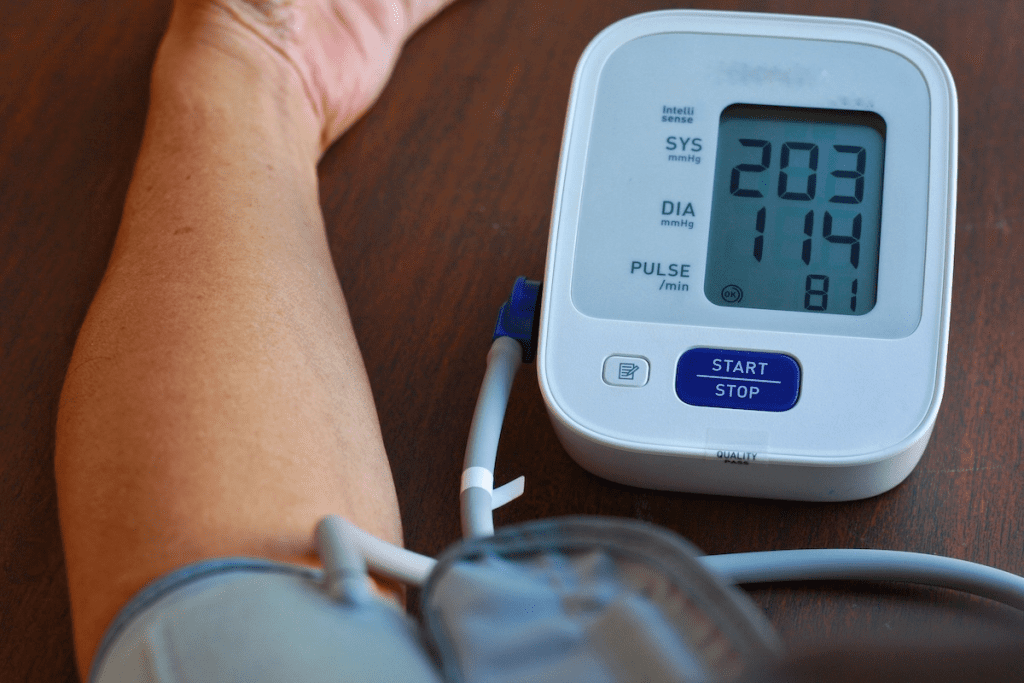The kidneys are vital organs responsible for filtering waste, balancing fluids, and regulating blood pressure. However, kidney failure often develops silently, with symptoms appearing only when the condition has significantly worsened. Ignoring early warning signs can lead to chronic kidney disease (CKD) or even end-stage kidney failure, which may require lifelong dialysis or a kidney transplant.
1. Dark Circles Under the Eyes – A Sign of Toxin Buildup

Persistent dark circles under the eyes could indicate more than just lack of sleep. Poor kidney function leads to a buildup of waste and toxins in the bloodstream, which can affect your skin and eyes.
✔ Why It Happens:
- The kidneys fail to filter out toxins, leading to fluid retention around the eyes.
- Protein leakage in urine can cause puffiness and discoloration.
🚨 When to See a Doctor:
- If dark circles persist even after getting enough rest.
- If your face appears swollen or puffy.
2. Swollen Feet and Ankles – Fluid Retention
One of the most common signs of kidney failure is swelling in the feet, ankles, and legs. When the kidneys fail, excess sodium and fluids accumulate in the lower extremities, causing swelling.
✔ Why It Happens:
- Sodium retention leads to fluid buildup.
- Poor kidney function disrupts the body’s fluid balance.
🚨 When to See a Doctor:
- If swelling lasts more than a few days.
- If swelling is accompanied by shortness of breath or high blood pressure.
3. Changes in Urination – A Key Indicator of Kidney Health
Your urine can provide valuable clues about kidney function. If you notice significant changes, it could signal kidney failure.
✔ Warning Signs:
- Foamy or bubbly urine – Indicates excess protein leakage.
- Frequent urination at night – Possible kidney dysfunction.
- Dark, cloudy, or bloody urine – Could indicate kidney damage or infection.
- Reduced urine output – A potential sign of worsening kidney function.
🚨 When to See a Doctor:
- If you notice persistent changes in urination.
- If urine is bloody or has a foul smell.
4. Lower Back Pain – A Hidden Kidney Problem

Kidney-related lower back pain is often mistaken for muscle pain, but it has distinct characteristics.
✔ How to Identify Kidney Pain:
- Dull, persistent pain on one or both sides of the lower back.
- Pain that worsens at night or after drinking fluids.
- Discomfort that radiates to the abdomen or groin.
🚨 When to See a Doctor:
- If back pain is accompanied by fever, nausea, or frequent urination.
- If pain is severe or does not improve with rest.
5. Persistent Fatigue – Toxin Buildup in the Blood
Feeling constantly exhausted, even after getting enough rest? This could be due to kidney failure. When the kidneys can’t properly filter waste from the blood, toxins build up, leading to fatigue.
✔ Why It Happens:
- Poor kidney function leads to anemia (low red blood cell count).
- Toxin accumulation affects energy levels.
🚨 When to See a Doctor:
- If fatigue is persistent and unexplained.
- If tiredness is accompanied by dizziness or concentration problems.
6. Shortness of Breath – Fluid Overload and Anemia

Shortness of breath can be a direct consequence of kidney disease. As fluid builds up in the body, it can enter the lungs, making it harder to breathe.
✔ Why It Happens:
- Kidney failure leads to excess fluid retention in the lungs.
- Low red blood cell count causes oxygen deficiency.
🚨 When to See a Doctor:
- If you experience sudden or severe shortness of breath.
- If difficulty breathing is accompanied by chest pain.
7. Metallic Taste in the Mouth and Loss of Appetite
A sudden dislike for certain foods or a metallic taste in the mouth could signal kidney problems. When waste accumulates in the blood, it can alter your sense of taste and appetite.
✔ Why It Happens:
- Uremia (high waste levels in the blood) affects taste buds.
- Loss of appetite can lead to unintended weight loss.
🚨 When to See a Doctor:
- If food tastes metallic or bitter for an extended period.
- If you experience sudden weight loss or reduced appetite.
8. High Blood Pressure – A Silent Threat to the Kidneys

Uncontrolled high blood pressure is both a cause and a symptom of kidney failure. The kidneys regulate blood pressure, and when they fail, blood pressure rises, further damaging the kidneys.
✔ Why It Happens:
- Damaged kidneys struggle to regulate blood pressure.
- Increased pressure damages kidney blood vessels.
🚨 When to See a Doctor:
- If your blood pressure remains high despite medication.
- If you experience frequent headaches, dizziness, or chest pain.
Conclusion – Don’t Ignore These Warning Signs
Your kidneys are essential for overall health, and any signs of trouble should never be ignored. Early detection can prevent kidney failure and reduce the risk of lifelong dialysis or transplantation. If you experience persistent fatigue, swelling, changes in urination, or high blood pressure, consult a healthcare provider immediately. Taking proactive steps now could protect your kidneys and ensure a healthier future.


